1. Do they have the time? Activities such as meetings with the attorney, CPA and other professionals, standing at post office or bank, trip to court house, and phone calls are only a few of the activities your executor/trustee will do. Gathering information from banks, mortgage and investment firms as well as all insurance companies are tasks your representative will do if appropriate to what the legal document says and the job entails. They will sort through your mail and files, figuring out what is important and what is not. Communicating with beneficiaries is critical. Contacting unclaimed property in the states you have lived if they know. Dispersing with the contents of the home and properties following the directions in the legal documents.
2. Do they have the skills?The person needs to be extremely organized, tracking all actions taken, time worked, communications with everyone. They will need to put their detective hat on to locate all assets. This is why it is good to fill in your book and make everything needed locatable. They will have to understand financial and legal documents.
3. Do they have the temperament?Dealing with the estate of someone brings many personalities into your life. Besides the beneficiaries, all the people you deal with when gathering the assets together will need careful attention. Thinking about naming two or more executors or trustees will force them to have to agree and get along. Consider naming one person who is easygoing and comfortable with family dynamics. Being transparent is also an important aspect of the job, this person had a lot of power and discretion. So, name wisely.
4. Do they know the rules? Or will they find out from someone who knows? Each state has their own rules on how to deal with an estate. What are the responsibilities of those you have named? Activities such as paying the funeral expenses, filing estate and individual taxes, informing the Veterans Administration and other agencies, cancelling magazine subscriptions, are only a few of the duties. Will your executor/trustee search out the support they need or go it alone? If they make a mistake, the beneficiaries could ask them to reimburse out of their own pocket.
5. And they afford to do this job?If your executor/trustee lives in another state, they may need to travel to your location. Will the estate cover this? Much can be done by fax and online but to actually clear out a home or business and do other activities, they would need to be onsite. Will you pay the executor/trustee if they are a beneficiary? I suggest you do to acknowledge the work they are doing and not cause resentment. Executors, in most states, are entitled to a percentage of the estate. With a trust, they are given reasonable fees. Some people who have taken on this job feel that it is like having a 2nd job. Even if you do everything in your power to make things locatable, the job is big. And the beneficiaries may not understand why it took them so long and cost so much.
Some information included is from an article "The Executor Challenge" by Carole Fleck, 2013




